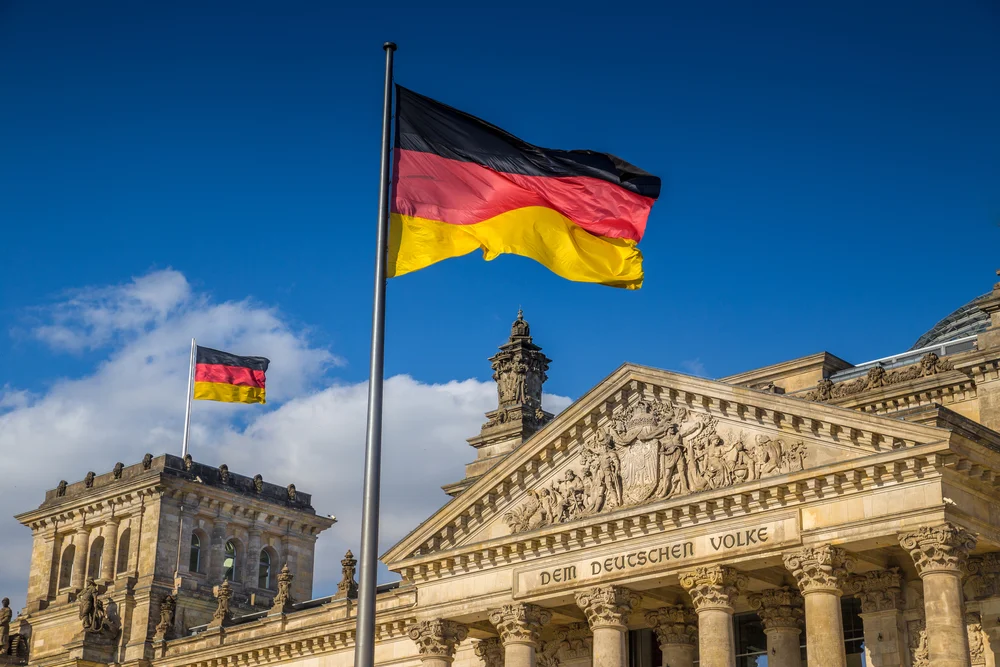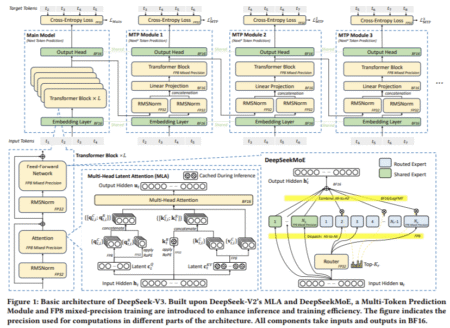A recent investigation led by the German Foreign Office has unveiled startling revelations: Russian hackers, with alleged state support, have targeted the Social Democratic Party (SPD) within the German governing coalition.
The accusations, unveiled by German Foreign Minister Annalena Baerbock during a visit to Australia, shed light on a concerning escalation of cyber warfare between Russia and Western nations.
Baerbock is the first German foreign minister to visit Australia in 13 years. She’s there to meet her Australian counterpart Penny Wong, who are together set to discuss the greater cooperation in the Indo-Pacific, as well as broader geopolitical challenges, including in Europe and the Middle East.
“Our two countries are working together to tackle cyber threats and climate change, to embrace the green energy transition, build supply chain resilience and improve gender equality,” Wong said.
Baerbock’s will further visit New Zealand and Fiji, with a prime focus on security policy as China pushes for influence in the Pacific region.
Russian Hackers on Radar
According to Baerbock, the cyberattack, which occurred in 2023, was orchestrated by the Russian military intelligence service, known as the GRU. This revelation points to a deliberate effort to infiltrate and disrupt the SPD, a key political player in Germany.
The attackers, identified as the group APT28, also known as Fancy Bear, are believed to be under the direct control of the GRU. This group has been linked to numerous cyberattacks worldwide, indicating a pattern of state-sponsored cyber aggression.
The cyberattack, attributed to Russia’s military intelligence service – the GRU, occurred in 2023 and aimed at compromising email accounts belonging to SPD executives.
Reportedly, an executive of the German party SPD became victim of a hacker attack in January 2023, resulting in possible data exposure. There were concrete indications of a Russian origin of the attack, at the time.
“We’ve seen severe cyberattacks on members of the Social Democrats of the SPD party in Germany and the Federal Government,” German Foreign Minister Annalena Baerbock said at a Friday press conference in Adelaide.
This is absolutely intolerable and unacceptable and will have consequences,” Baerbock emphasized during a news conference, hinting at forthcoming actions against Russia. While she did not specify the exact nature of these consequences, her firm stance suggests that Germany is prepared to respond robustly to the cyber threat.
Tensions Amid International Support for Ukraine
The accusations come at a time of heightened tensions between Russia and NATO member states, particularly Germany, which has been actively supporting Ukraine in its conflict against Russian aggression.
NATO Allies have voiced deep concern over Russia’s hybrid activities, including cyber interference, disinformation campaigns and acts of violence, targeting several member states. Allies stand united in addressing these threats and bolstering resilience against Russian hybrid actions, reaffirming their commitment to supporting Ukraine despite Russia’s provocative behavior.
“We will continue to boost our resilience and to apply and enhance the tools at our disposal to counter and contest Russian hybrid actions and will ensure that the Alliance and Allies are prepared to deter and defend against hybrid actions or attacks,” NATO said.
“We condemn Russia’s behaviour, and we call on Russia to uphold its international obligations, as Allies do theirs. Russia’s actions will not deter Allies from continuing to support Ukraine.”
The cyberattack on the SPD adds another layer to the complex web of hostilities between Russia and Western nations.
In response to the revelations, Australian Foreign Minister Penny Wong expressed solidarity with Germany, condemning the cyber activities attributed to Russia.
Australia stands in solidarity with Germany in calling out states that act contrary to the norms of responsible state behavior in cyberspace,” Wong affirmed, echoing the global concern over state-sponsored cyber warfare.
“Australia is deeply troubled by the new activity that Minister Baerbock has referenced today,” Wong said. Backing her support, Wong added that Australia has previously joined the United States, UK, Canada and New Zealand in attributing malicious cyber activity to APT28 and shall continue calling out such instances in the future.
APT28 has been implicated in numerous cyberattacks worldwide, operating as a tool of Russian state-sponsored cyber warfare. APT28 also has a history of targeting elections in the U.S. and Europe and in a recent Mandiant report, the cybersecurity firm said it expects the same forecast this election season.
The implications of the latest cyberattack are profound, signaling a new era of digital conflict where political entities are increasingly vulnerable to sophisticated cyber intrusions.
As Germany grapples with the aftermath of this cyberattack, the world watches closely, mindful of the broader implications for international cybersecurity and diplomatic relations.
Updated on May 3, 4:45 PM IST to reflect additional official remarks from Annalena Baerbock, Penny Wong and NATO.
Source: Read More

